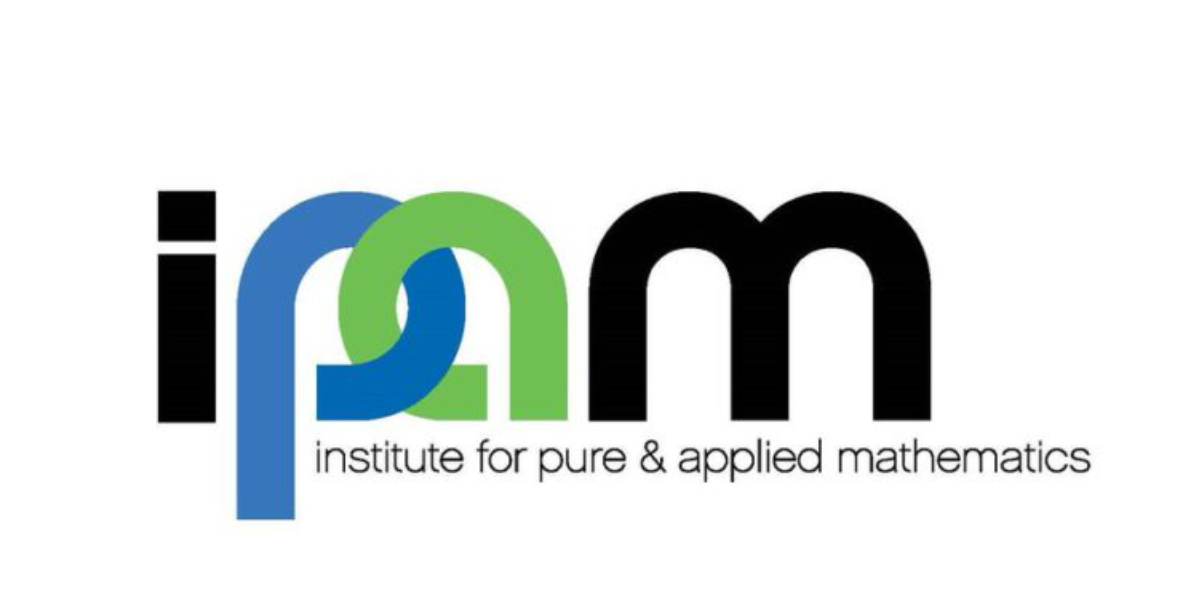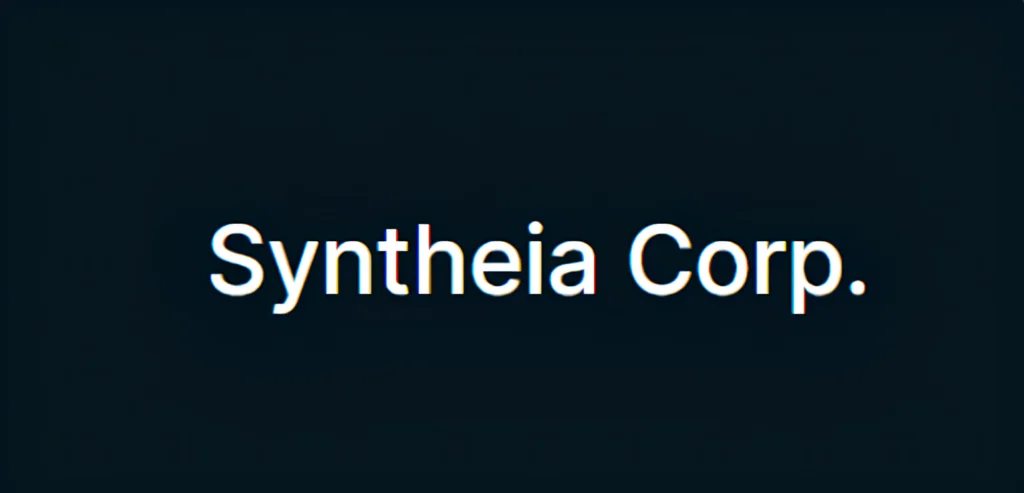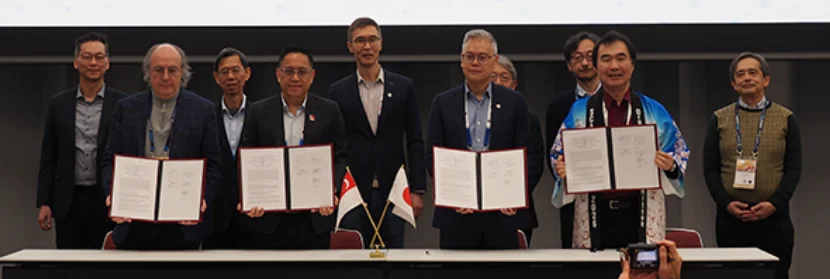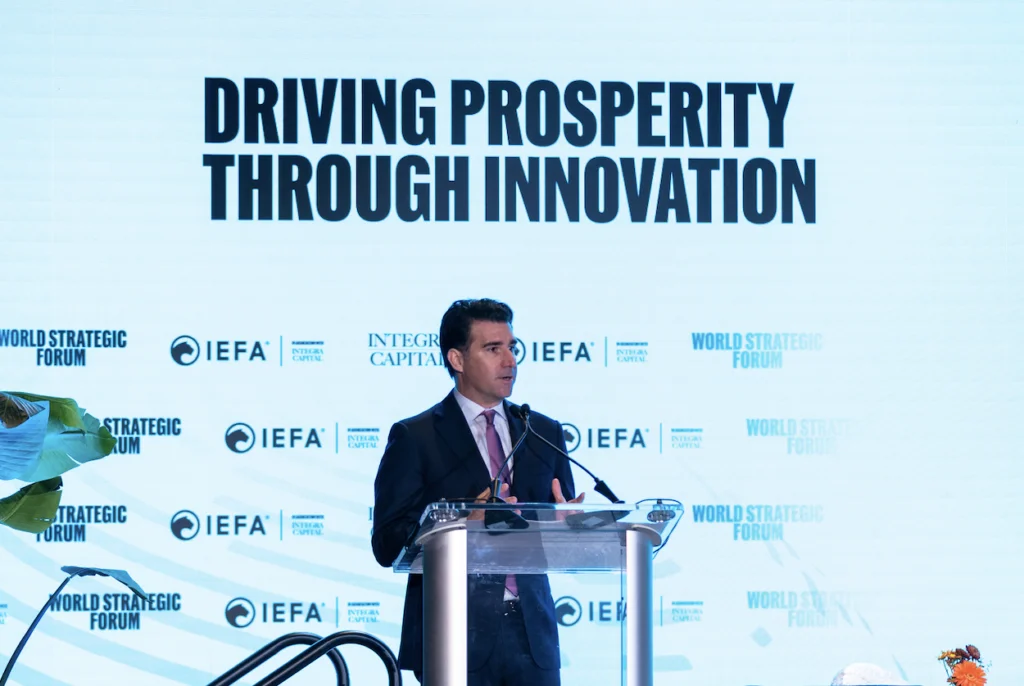Insider Brief
- Physicist Wes Campbell has highlighted the connection between quantum computing and quantum chemistry at a UCLA IPAM workshop, underlining interdisciplinary collaboration.
- Campbell discussed the potential for new ions in quantum processors, showcasing how quantum information science can significantly advance chemical research.
- The workshop demonstrated the importance of merging quantum computing and chemistry to solve complex problems, fostering innovation in both fields.
At a recent workshop hosted by UCLA’s Institute for Pure and Applied Mathematics (IPAM), physicist Wes Campbell offered a fresh perspective on the intersection of quantum computing and quantum chemistry, aiming to bridge the gap between these fields. Campbell, who described the experience as “a wonderful and unique opportunity” to present quantum concepts in a way that resonated with chemists, highlighted how quantum information science could significantly advance chemical research.
Campbell’s work focuses on using ultra-cold atoms and molecules to investigate fundamental physical processes, particularly in quantum information physics. This field holds immense potential in applications like advanced sensing, simulation, and computing. By utilizing gas and liquid phase atoms and molecules as miniature quantum computers, Campbell’s research addresses tasks that classical computers cannot simulate. His approach is centered on exploring novel species and innovative control methods to leverage the “quantumness” of these molecules, improving their performance in quantum applications.
“One of the things we’re looking at right now is actually introducing ions that no one has used before, that have a totally different internal structure,” Campbell explained, stressing the potential for chemists to contribute to the development of more efficient quantum processors. This novel approach not only enhances quantum computing but also offers new insights into chemical processes.

The workshop underscored the importance of interdisciplinary collaboration, with Campbell noting: “The power of the mathematics was always there, it’s just that we developed the technology to be able to use it.” This reflects the ongoing efforts to harness quantum computing’s potential in solving complex chemical problems — an endeavor that could revolutionize both chemistry and quantum computing.
By bringing together experts from both fields, IPAM’s workshop fostered a deeper understanding of how quantum computing and chemistry can mutually benefit from one another, paving the way for future innovations.
















